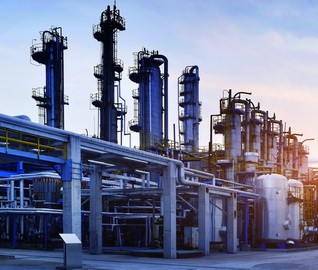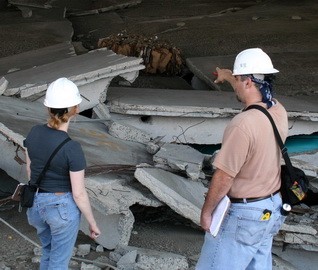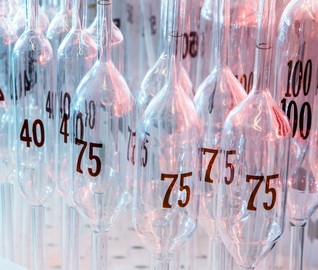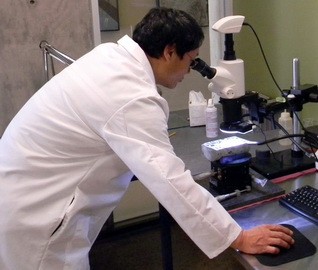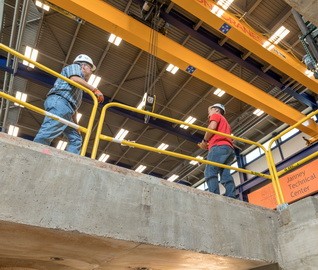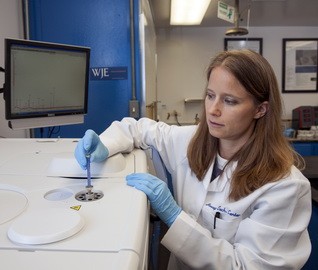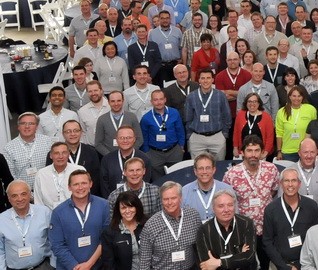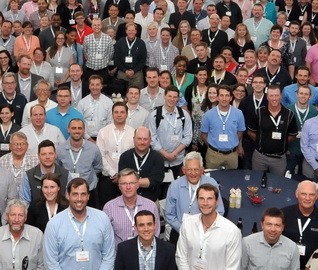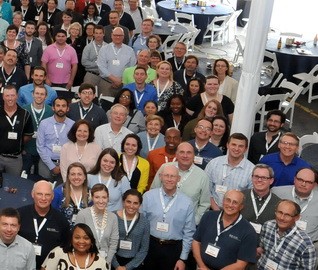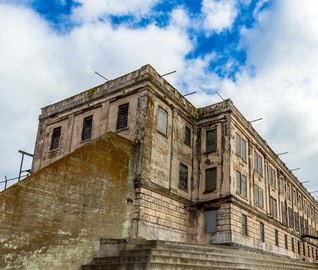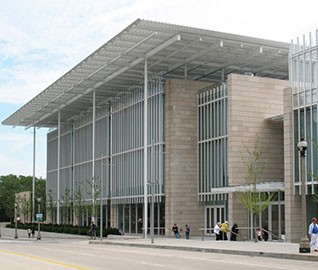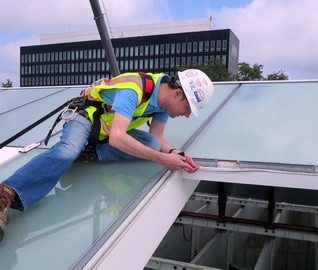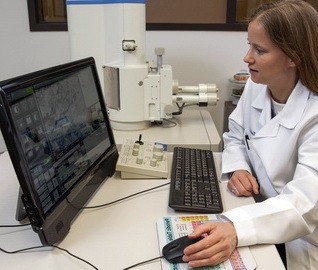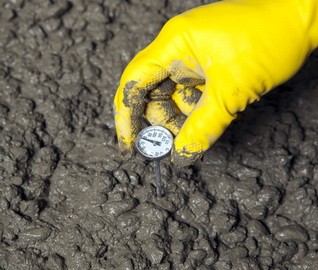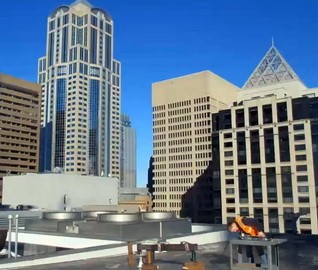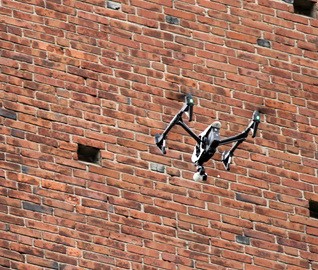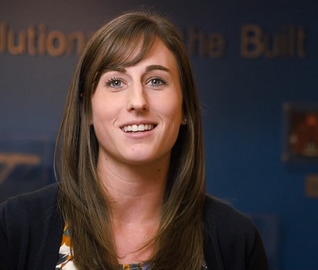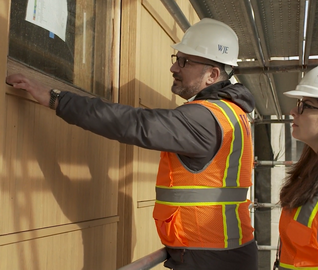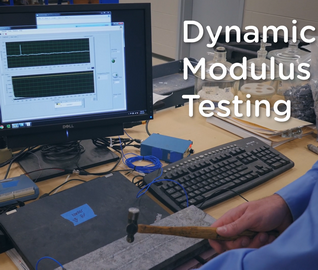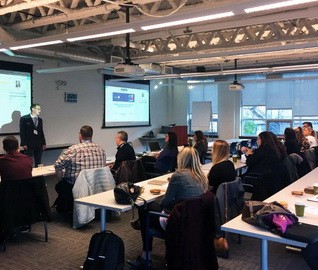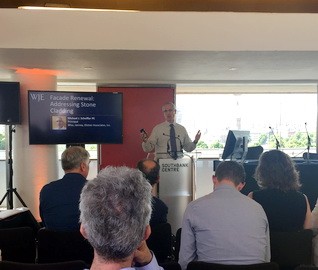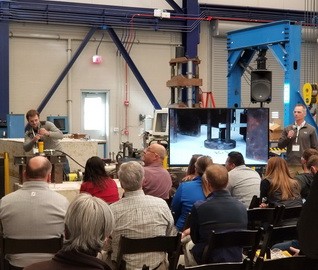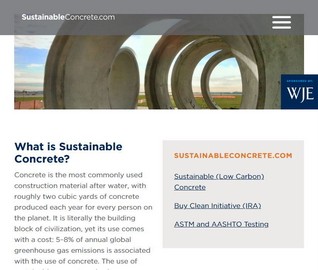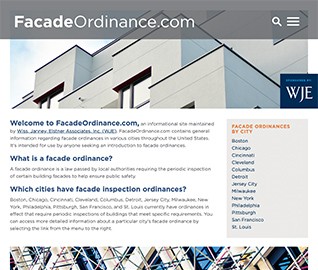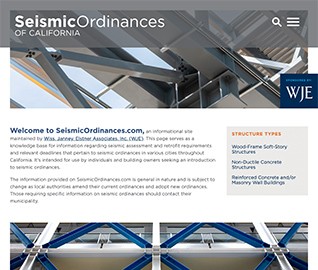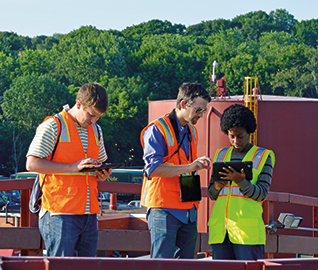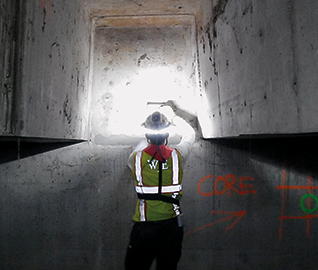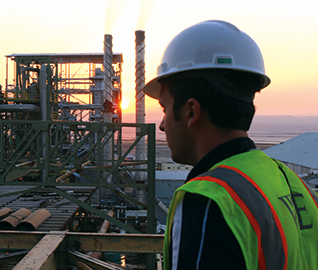This test method permits detection within 16 days of the potential for deleterious alkali-silica reaction of combinations of cementitious materials and aggregate in mortar bars. The cementitious materials are composed of various proportions of hydraulic cement, pozzolans, and ground-granulated blast-furnace slag. The test results are only valid for the specific combinations of pozzolan, slag, and reactive aggregates tested.
WJE laboratories are accredited by AASHTO (R18), ANAB (ISO/IEC 17025), and Illinois DOT to perform testing standard ASTM C1567 for Determining the Potential Alkali-Silica Reactivity of Combinations of Cementitious Materials and Aggregate (Accelerated Mortar-Bar Method).
Contact us to learn more.
Keywords
ASTM C1567 - Accelerated Mortar Bar Test - Aggregates - Alkali-Silica Reactivity - Blast-Furnace Slag - Cementitious Materials - Ground-Granulated Blast-Furnace Slag - Hydraulic Cement - Mortar Bar Test - Mortars - Pozzolans - Reactivity
ICS CODE
91.100.30 (Concrete and concrete products)
UNSPSC CODE
30111500 (Concrete and mortars); 30111800 (Aggregates)
CITATION FORMAT
ASTM C1567-13, Standard Test Method for Determining the Potential Alkali-Silica Reactivity of Combinations of Cementitious Materials and Aggregate (Accelerated Mortar-Bar Method), ASTM International, West Conshohocken, PA, 2013,
www.astm.org
 John E. Pearson, Principal and Laboratory ManagerWJE Northbrook MORE >People | John E. Pearson, Principal and Laboratory Manager
John E. Pearson, Principal and Laboratory ManagerWJE Northbrook MORE >People | John E. Pearson, Principal and Laboratory Manager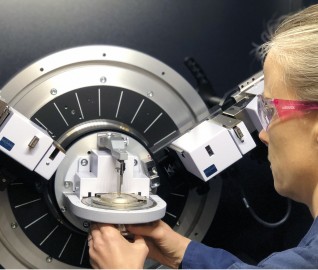 WJE's Janney Technical Center (JTC) provides advanced testing and forensic capabilities to... MORE >Labs | Janney Technical Center
WJE's Janney Technical Center (JTC) provides advanced testing and forensic capabilities to... MORE >Labs | Janney Technical Center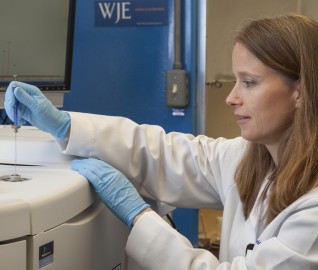 Our materials scientists provide comprehensive consulting services for the evaluation and... MORE >Services | Materials Evaluation and Testing
Our materials scientists provide comprehensive consulting services for the evaluation and... MORE >Services | Materials Evaluation and Testing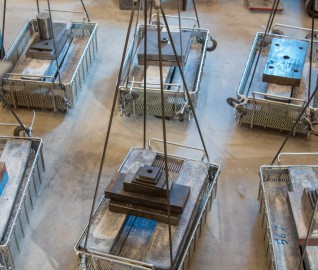 WJE was founded on a spirit of innovation—that everything can be improved and that... MORE >Services | Product Development, Evaluation, and Testing
WJE was founded on a spirit of innovation—that everything can be improved and that... MORE >Services | Product Development, Evaluation, and Testing

